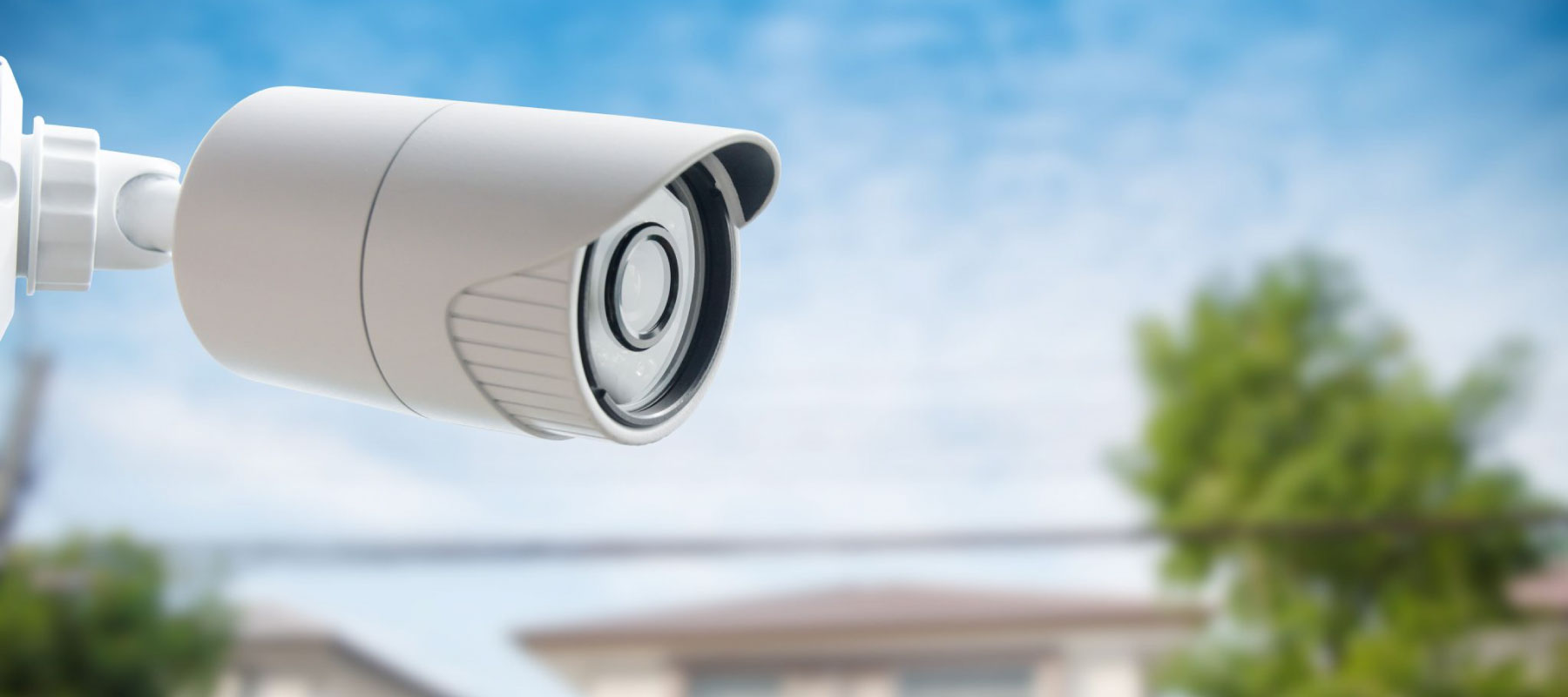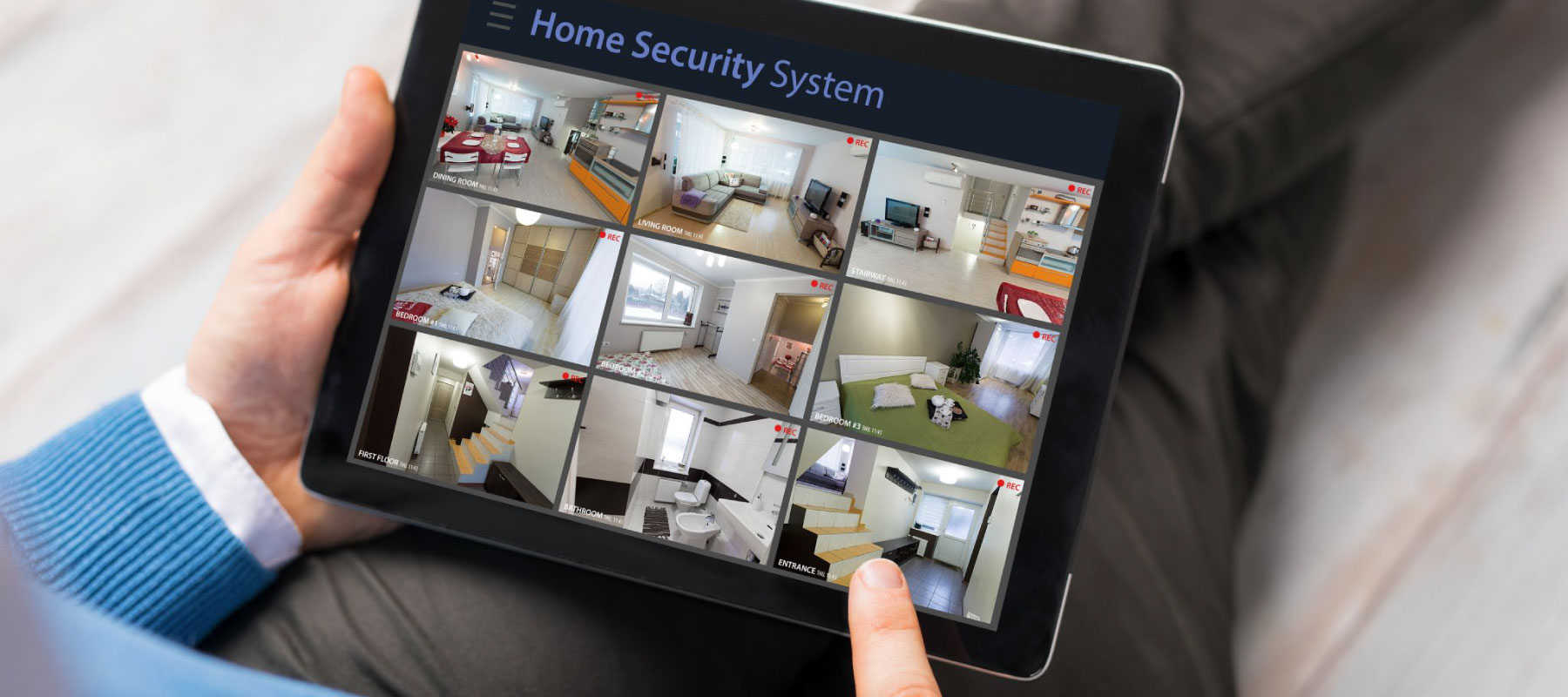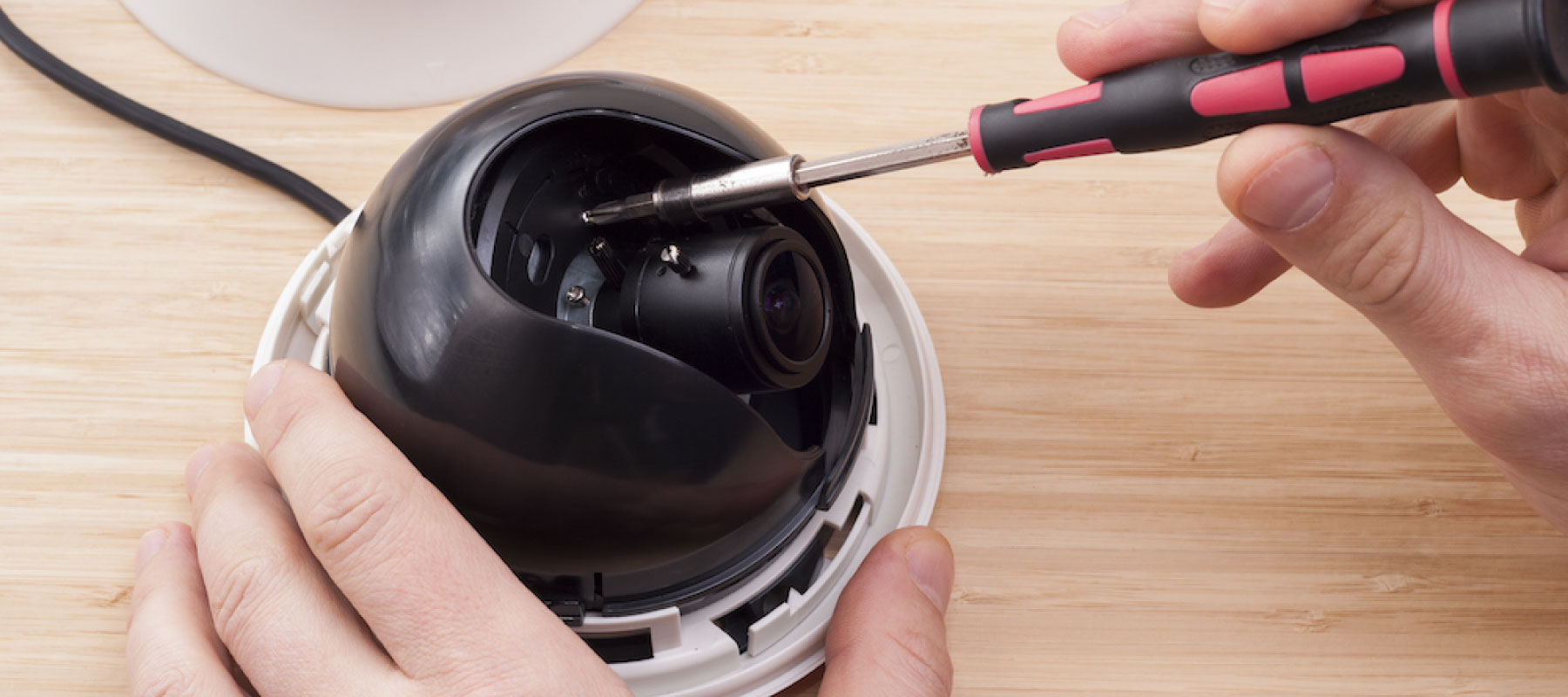In today’s increasingly security-conscious culture with technology providing us with options such as CCTV Cameras, there are two main forms of CCTV to consider to protect your business assets.
These are defined as a
- Traditional stand-alone closed circuit camera systems, operate independently without needing an external monitoring service. Stand-alone systems typically store footage locally and are ideal for smaller premises with less frequent security concerns.
- And the more advanced, Monitored CCTV systems allow for greater control. Monitored systems are connected to a remote monitoring service that provides real-time surveillance and response services. This mainly benefits larger businesses or those requiring around-the-clock surveillance and immediate response to security breaches.
Business clients can select and implement many customisations within these broader terms. For instance, businesses can choose from various camera types such as dome, bullet, or PTZ (pan-tilt-zoom) cameras, each offering different benefits depending on the specific surveillance needs.
Over and above selecting from the available CCTV options, the overall effectiveness of your CCTV unit will also be determined by additional factors such as the image resolution and positioning of your cameras, not simply the type of set-up you choose at the outset. High-resolution cameras provide clearer images, crucial for identifying individuals or license plates, while strategic positioning can maximise coverage and deter potential intruders.
However, the long-term effectiveness of your business security strategy will be determined by your choice.
Whilst both variations have a number of benefits for today’s security client, the unique requirements particular to your own business mean that choosing the right tech is not as simple as it might seem, particularly for those seeking the very best system on the market to safeguard their company. It’s essential to consider factors like the scalability of the system, integration with other security measures, and potential for future upgrades.
Let’s take a closer look at these two CCTV options and see how they compare.

Benefits of Stand-Alone CCTV
Stand-alone CCTV is a relatively straightforward form of closed-circuit camera.
It is often available on the domestic market and can even be installed by the clients themselves, albeit with varying levels of success. This DIY approach is facilitated by the user-friendly design of most stand-alone systems, often with straightforward instructions and customer support for easier setup.
Stand-alone systems are frequently budget-friendly, which is one of the reasons they are so beloved by those looking for ways to add an extra layer of security to their homes or businesses. In addition to their cost-effectiveness, these systems are known for their reliability. They are less susceptible to network disruptions or hacking attempts without a continuous internet connection.
The camera system requires limited sophistication and doesn’t need a wireless connection, so those with limited technical knowledge will be able to quickly learn how to operate it. Also, the absence of monthly fees for monitoring services makes stand-alone CCTV an economical long-term security solution. The trade-off, however, is the lack of remote monitoring capabilities, which means that the system can only be accessed on-site.
Pitfalls of Stand-Alone CCTV
There are also several problems with this more basic version of CCTV.
Some of the key issues are precisely the kind of things which truly matter when selecting a security system for your company’s premises.
Where a domestic client might be more interested in the simplicity of installation and DIY capabilities, a business owner seeking to protect their assets is interested in function and the product’s capabilities as a whole.
This is where a stand-alone kit falters.
While simple to use and requiring minimal fuss on installation, stand-alone systems have none of the more advanced technology powering them that IP systems rely on.
This lack prevents users from being able to view their CCTV feed from anywhere, resulting in a significant limitation for businesses that require remote monitoring or off-site management of their security systems.
Another problem with this form of CCTV is that while it can record footage, it can only be played back after an event. This means that stand-alone systems fall short in situations requiring immediate response or live monitoring, such as intruder detection or emergencies. The inability to provide real-time surveillance reduces their effectiveness in proactive security management.
There can be no interception as there is simply no capability to check what’s happening from the CCTV site. Also, this limitation poses a challenge in evidence gathering and response time, which can be crucial in legal and insurance scenarios.
Therefore, the major characteristic of stand-alone CCTV units is that they can help detect and record incidents but will not help stop damage or burglary as it happens. Businesses must weigh these limitations against their specific security needs and consider if more sophisticated surveillance solutions might be warranted to enhance their overall security strategy.
Protect Your Business
Protect Your People
Book Your FREE Site Protection Survey
Benefits of Monitored CCTV
Monitored CCTV cameras are truly state-of-the-art, and companies which are intent on taking their security seriously will appreciate some of the real benefits which investing in this service can offer.
CCTV allows information from the camera (or cameras) to be shared across a wireless internet connection, making the footage available anywhere. This capability enhances the flexibility and scope of surveillance and enables integration with other intelligent security systems, such as access control and alarm systems, for a comprehensive security setup.
Monitored CCTV is checked from a centralised location 24/7, giving even greater peace of mind. Professional monitoring services can quickly alert business owners and the authorities in the case of a security breach, reducing response times and potentially preventing or minimising damage.
This is a precious technology for those protecting high-value spaces or products. In addition to theft prevention, monitored CCTV systems effectively monitor employee safety and workflow efficiency, offering multi-dimensional benefits to businesses.
The nature of monitoring lends itself seamlessly to not only recording footage but to intercepting crimes as they happen, making it a great addition to your business security measures. Advanced features such as motion detection, night vision, and facial recognition technology can further enhance the effectiveness of these systems.
As everything is available to be viewed in real time, businesses can enjoy greater levels of protection.
Thanks to the real-time alert, it’s even possible to intervene in criminal damage as it happens or catch thieves during a robbery. The presence of monitored CCTV systems can be a significant deterrent to potential intruders, further enhancing the security of the premises.
This is, of course, a significant benefit for customers eager to avoid unnecessary insurance claims, losses and disruption to the business.
Pitfalls of Monitored CCTV
Even the greatest of tech is not without its flaws.
Monitored CCTV cameras rely on a trustworthy relationship between the client and the company installing and monitoring the CCTV system. This dependence means the system’s effectiveness can be compromised if the monitoring service experiences downtime or technical issues. Also, there’s a risk of data privacy concerns, as a third party access and store sensitive footage.
Monitored CCTV can be customised and tailored to a specific building or unit, but it is not DIY like stand-alone CCTV. The need for professional installation and ongoing service can result in higher initial and ongoing costs compared to stand-alone systems. This might be a significant consideration for small businesses or those with a limited budget.
This could prove off-putting for those determined to retain control, and highlight the importance of using an accredited CCTV monitoring companies. Ensuring that the monitoring service has robust security protocols and a good track record is crucial to mitigate risks associated with third-party monitoring.
However, the capabilities of monitoring and the added security it provides should serve to soothe the worries of business users once they have selected the right company to consult with and ultimately monitor their CCTV. It’s also essential for businesses to regularly review and update their security protocols and agreements with the monitoring service to ensure they continue to meet changing security needs and technological advancements.

Choosing Your Own CCTV System
There are of course many factors which will contribute to your own decision over whether to purchase a stand-alone system or larger-scale monitored IP CCTV.
The decision will be influenced by how much you want to invest in your security, and how important it is to the running of your company.
Factors to consider include the size and layout of your premises, the nature of your business operations, and the level of security risk associated with your industry. Also, evaluating the ease of integration with your existing security infrastructure is essential.
The Insurance Companies Point of View
t is worth noting that many insurance providers expect businesses to opt for the highest levels of security before offering the best quotes, and the losses incurred as a result of scrimping on security can be catastrophic for businesses of all sectors and sizes.
A more advanced security system like monitored CCTV can lower insurance premiums due to reduced risk.
Crime has risen by some 20% in the UK within the last eighteen months, making security an ever-present concern.
This statistic underlines the growing necessity for robust security measures. The impact of security breaches extends beyond immediate financial loss, potentially affecting customer trust and business reputation.
Whether your business could survive the loss of these assets is for you to decide, but it is worth careful consideration before leaping into a purchase. Consideration should also be given to the long-term scalability of the system and the possibility of future technological upgrades.
Consulting with the experts can help you better understand the options available, ensuring that whatever you choose is the right kit to keep your company and all its associated properties safer than you may have previously thought possible. Seeking advice from security professionals can provide insights into the latest advancements in CCTV technology and tailor a system that aligns with your specific security needs.

Since pioneering Scaitec Security Solutions in 2011, Paul Scaife, with his roots in the industry dating back to 1994, has distinguished the firm as a leading provider of bespoke fire and security solutions, servicing clients across Sheffield, Rotherham, and surrounding areas.
His leadership, underpinned by accreditation from the Security Systems and Alarms Inspection Board, ensures that Scaitec surpasses client expectations by blending advanced technology with a deep understanding of their unique needs.
Paul's ethos champions innovation and efficiency, driving Scaitec to deliver tailored, cutting-edge solutions that enhance safety and operational ease.
Discover more about Paul’s commitment to excellence on LinkedIn.